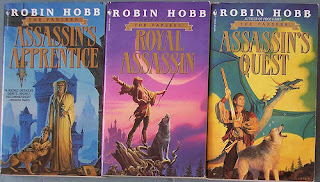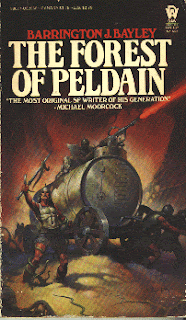Earth Abides
A deadly disease wipes out humanity, but our protagonist Ish survives by shear luck because he happened to be out in the woods alone for a few days. He returns to civilization, location near San Francisco, and discovers mankind has ended.
Oh, there are a few survivors and Ish does go about meeting and joining some of them, but this isn't a happy story. Stewart must have had a bleak outlook on mankind.
What follows is the story of the reversal of mankind, from the height of civilization to stone age primitives. And Ish is often infuriatingly passive about the whole affair, rarely making any effort to prevent this degradation.
The ending is somewhat poetic, and left a lasting impression on me-- despite my annoyance with Ish this book works, and works well.
8.4/10

























